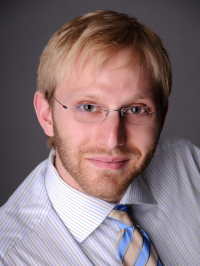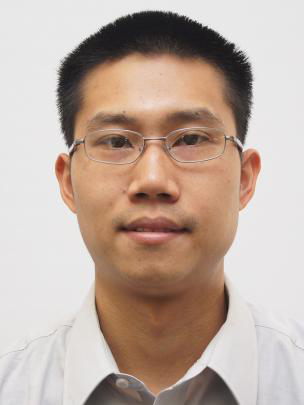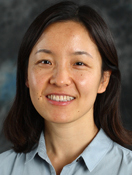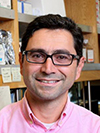July 26-27, 2018
How are mechanical signals generated and transduced to shape biological systems? This question is central to the emerging, interdisciplinary field of Mechanobiology. Answers to the question are being sought from the molecular scale to the organismal scale. Approaches range from isolating key molecular players to integrating multiple pathways into a mechanomic framework. The methods used to address this question are diverse, both experimentally and conceptually. Collaborative efforts across disciplines are central to deciphering the answers.
In this symposium, a follow up to the MechBio 2016 symposium at UCSD, we will bring together researchers who work with biological systems at different length and time scales and use different methods to study mechanical signal transduction. The program will include keynote speakers, talks from early career scientists, and poster sessions. The conference will focus on encouraging collaboration between researchers in different fields (physics, biology, chemistry, math, medicine, and engineering). To this end, we will offer a small number of “Opportunity Awards”. The awards will support travel for a team of two to three graduate students or postdocs to travel between labs to work on a new collaboration.
We are pleased to host the second Mechbio Symposium at the University of California, Irvine, a leader in biomechanics and biophysics. Given the increasing acknowledgment of the importance of mechanics in biology, our aim is to foster creativity and collaboration in the community. Please join us at UC Irvine to share your work.
Speakers
|
Dino Di Carlo |
Allen Liu |
Cheng Zhu |
Jing Xu |
Ardem |
Gerard Wong |
Elliot Botvinick |
Emily Mace |
Arpita Upadhyaya |
Keywords: Mechanical Biology, Mechano-biology, Mech Bio, Mechbio, Conference, University of California Irvine,









